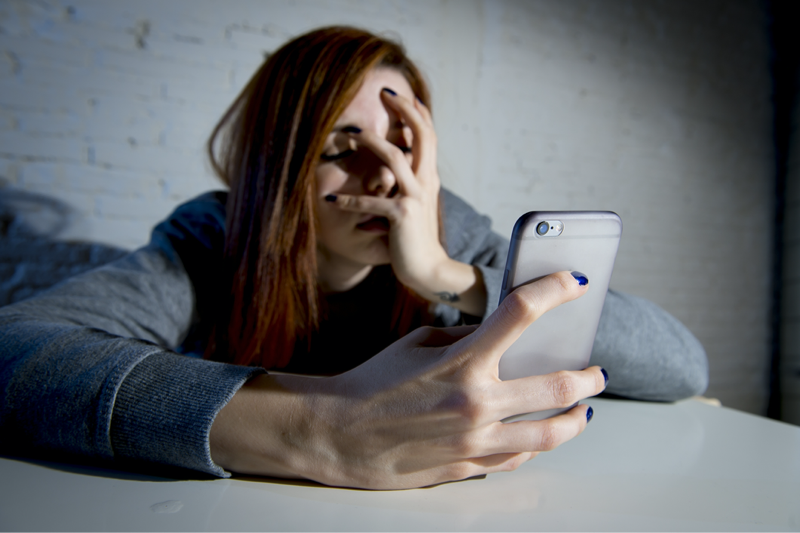
Why does social media make us feel bad?
We have all done it - carefully pick the perfect picture or video and adjust the filter to make it look just right. Perhaps add the perfect soundtrack and hit the share button. Then we post it and await our reward.
Immediately after posting something, a range of emotions overtake us. Anxiety starts to build as we await likes - will it get as many likes as our last share, will we get comments and what will they say, will a particular friend who we value notice it and interact?
Inversely, if we don't check out social media, our anxiety builds up as the fear of missing out becomes overwhelming. The feeling of guilt also comes into play - how will our friend react if we don't like their post quick enough? Might they interpret our lack of interaction with their post as a sign we don't like them?
This forms waves of anxiety - alternating constantly between sharing and consuming social media content.
Anxiety also comes in other forms - namely feelings of being excluded. The content we view is, by our own design, intended to show the best sides of life. Seemingly everyone around is enjoying perfect lives while we struggle on - a gray and rainy day, a tough deadline at work or forgetting something important whilst our social streams will show an endless stream of idyllic vacations scenes.
By not experiencing this ourselves, we feel like outsiders, unable to measure up to our peers and the lifestyles they have seemingly managed to achieve. What am I doing wrong to not also be able to enjoy these lifestyles? I need a better job, a better car, a better body and more vacations. All things that are not immediately in our reach and make us feel inadequate.
A more recent trend is sponsored content - attractive lifestyles brands are paying to have their products and services integrated into popular social media stars or influencers as they are better known.
Consider the word influencer - a term coined by companies who can use social media stars who have generated enough of a following to be able influence our buying habits. If we buy the things they promote, we can get closer to them - we can feel less excluded and can get a slice of their lifestyles.
This adds another dimension of anxiety - the need to keep up and buy their promoted products and services, which in turn, requires us to spend more and create an added financial pressure.
The addictive design of social media also means we can no longer afford the time for quiet self-reflection, a built-in ability to help us deal with anxiety and stress. Instead, our brains are working overtime to process the massive amounts of infinite content scrolling by. This creates a self-perpetuating loop of anxiety which we are unable to step away from.